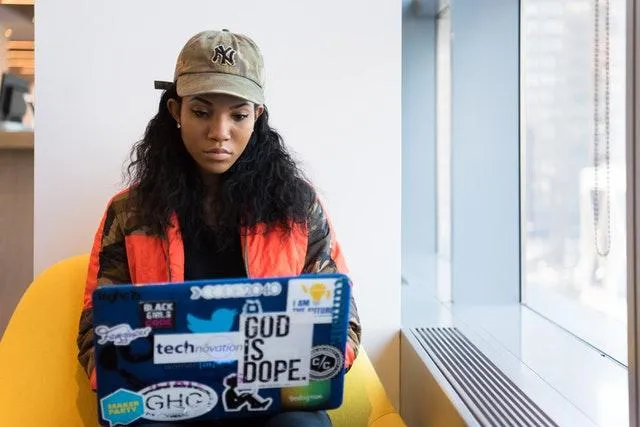Are you a content creator? This is why you should protect your intellectual property

Intellectual property isn't just a legal concept; it's your most valuable asset.
Image: Nappy.co
The rise of content creators as full-time jobs in South Africa has led to millennials and Gen Z entrepreneurs seeking advice on how to protect their intellectual property (IP).
Robyn Shepherd, a social media lawyer at SchoemanLaw noted that millennials and Gen Z content innovators are reshaping industries, platforms, and consumer behaviour in SA.
She added that some of these entrepreneurs are savvy enough to realise that it is vital to protect their IP if they want longevity in this career.
“Whether you are a TikTok influencer, YouTube filmmaker or a Twitch streamer, intellectual property isn't just a legal concept; it's your most valuable asset. Understanding, protecting, and leveraging IP is critical to thriving in the digital economy,” she explained.
What is Intellectual Property?
Shepherd said that Intellectual property refers to the legal rights that arise from intellectual activity in the industrial, scientific, literary, and artistic fields.
Specifically for content creators, IP can take many forms and include copyrighted protected original works like videos, music, artwork, and blog posts.
She noted that trademarks specifically safeguard unique brand identifiers, like your logo, channel name, or catchphrase.
“Patents apply to inventions, including unique processes or tools you may develop for content creation and trade secrets protect confidential information, such as algorithms or business strategies,” Shepherd said.
The law expert noted that IP protection is extremely important as your creations set you apart in a crowded digital landscape.
“Copyright laws ensure that others can't steal or profit from your original works without your permission. For example, if someone reposts your content without credit or monetises it on another platform, your copyright can be the basis for legal action,” she emphasised.
Shepherd maintained that IP rights enable content creators to turn their creations into income streams.
The lawyer explained that content creators need to also be aware of licensing agreements.
This is when a content creator grants someone permission to use their content in exchange for payment.
“This could be a company licensing your music for an ad campaign or selling merchandise featuring your trademarked brand.”
Shepherd advised content creators that it was vital to register their trademarks.
“Your name, logo, or tagline can become synonymous with quality and creativity. Registering these as trademarks prevents others from diluting your brand and ensures you reap the benefits of your reputation,” she said.
Lastly, she implored content creators to know their rights and act proactively.
“You can turn your content into a thriving enterprise, one where your ideas are protected, valued, and rewarded. By recognising and protecting your intellectual property, you empower yourself to take complete control of your creative output,” she concluded.
IOL BUSINESS
Related Topics: